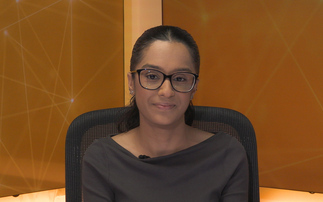Consumers view their financial health in stark contrast to how the protection industry thinks they should, according to research from Swiss Re.
Its results were unveiled at a conference hosted by trade body Protect, having been conducted alongside the UK Insurance Report which was released earlier in the year.
When asked about financial planning for later life almost half (45%) the industry expected customers to say they could not afford to put anything away at the moment, just 10% of consumers did.
And when it came to either currently making plans or already being well prepared, just 12% and 2% of the industry thought consumers would feel that way, when in fact 26% and 41% respectively believed themselves to be in this position.
Regarding future concerns, 62% of the industry thought it would be losing their job but just 14% of consumer agreed.
A third (33%) of customers said they had no future concerns, something predicted by just 2% of market respondents.
Ron Wheatcroft, technical manager at Swiss Re, believe the results speak volumes about the industry's communication problems.
"It shows the importance of talking to consumers and listening to their concerns," he said.
"Sometimes it's very easy to believe a view because it's a very natural thing given the economic climate.
"The scale of those numbers suggests there are lots of people very under insured, maybe they're deluding themselves," he added.
Wheatcroft also praised the work being done by the Consumer Financial Education Body and urged the industry to give its full backing.
But despite its good work, he feels more needs to be done to engage with young people and in other mediums.
"The industry needs to get its messages across very clearly to younger people," he said.
"The earlier you start the better it is (within reason of course). There's already good work being done in schools, but the idea that family and friends will support them is not so valid.
"And we need to look at the use of technologies that particularly the younger age groups would use because that will change inevitably.
"We need to consider that pretty seriously," he added.










